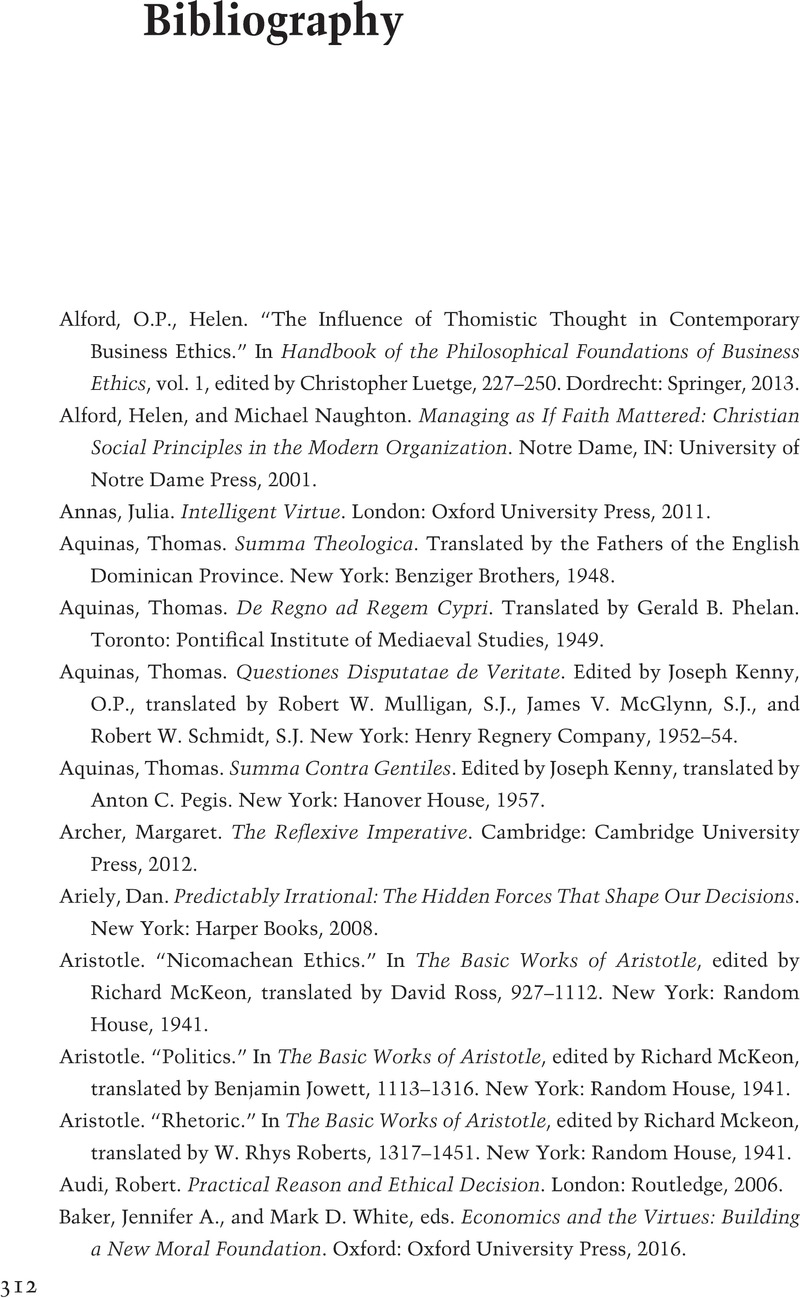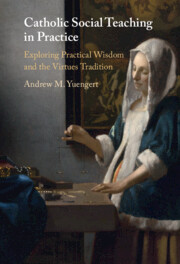Book contents
- Catholic Social Teaching in Practice
- Catholic Social Teaching in Practice
- Copyright page
- Dedication
- Contents
- Preface
- Acknowledgments
- Abbreviations
- 1 Principles and Practical Wisdom in Catholic Social Teaching
- 2 The Virtue of Practical Wisdom
- 3 Prudence in the Documents of Catholic Social Teaching
- 4 Practical Personalism and the Laity
- 5 Lay Formation in Practical Wisdom
- 6 Catholic Social Teaching and Economics in Practical Dialog
- 7 Catholic Social Teaching and Economics
- 8 Political Disagreements between Bishops and Laity
- 9 Making Catholic Social Teaching Practical
- Bibliography
- Index
- References
Bibliography
Published online by Cambridge University Press: 03 June 2023
- Catholic Social Teaching in Practice
- Catholic Social Teaching in Practice
- Copyright page
- Dedication
- Contents
- Preface
- Acknowledgments
- Abbreviations
- 1 Principles and Practical Wisdom in Catholic Social Teaching
- 2 The Virtue of Practical Wisdom
- 3 Prudence in the Documents of Catholic Social Teaching
- 4 Practical Personalism and the Laity
- 5 Lay Formation in Practical Wisdom
- 6 Catholic Social Teaching and Economics in Practical Dialog
- 7 Catholic Social Teaching and Economics
- 8 Political Disagreements between Bishops and Laity
- 9 Making Catholic Social Teaching Practical
- Bibliography
- Index
- References
Summary

- Type
- Chapter
- Information
- Catholic Social Teaching in PracticeExploring Practical Wisdom and the Virtues Tradition, pp. 312 - 326Publisher: Cambridge University PressPrint publication year: 2023



